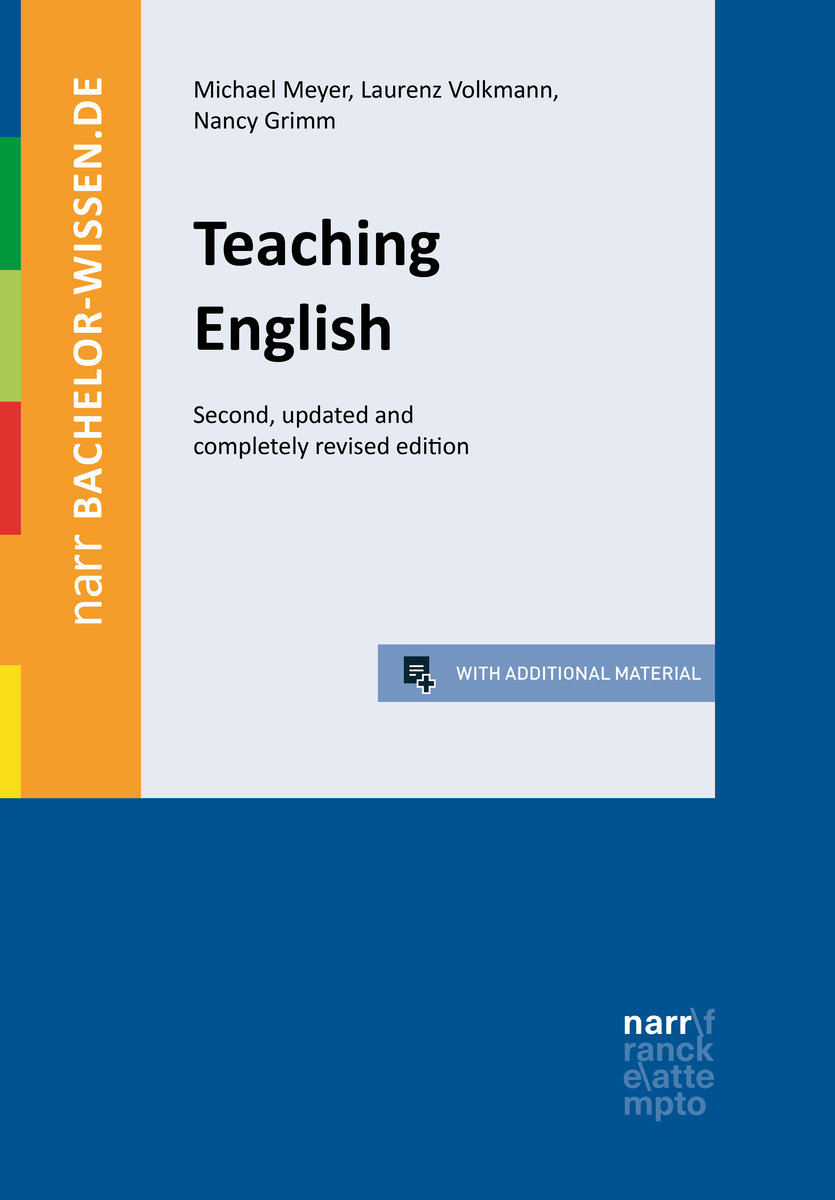This foundational coursebook offers an accessible and up-to-date introduction to all relevant areas of Teaching English. Definitions and practical examples guide the understanding and reflection of basic and advanced concepts of foreign language learning. The fully revised second edition responds to new developments in language education: (1) Recent policies from the Kultusministerkonferenz and updates of the Common European Framework of Reference for Languages with its Companion Volume (2020) pay more attention to language awareness, mediation, and media literacy. (2) New empirical research explores the aims, methods, and impact of professional teacher education, Task-Based Language Teaching, and Content-and-Language-Integrated Learning. (3) The dramatic need for online teaching has met with refined concepts of multimodal media competence and cutting-edge tools for the digital classroom. This essential introduction and the PowerPoint presentations online facilitate multimodal teaching and learning.


